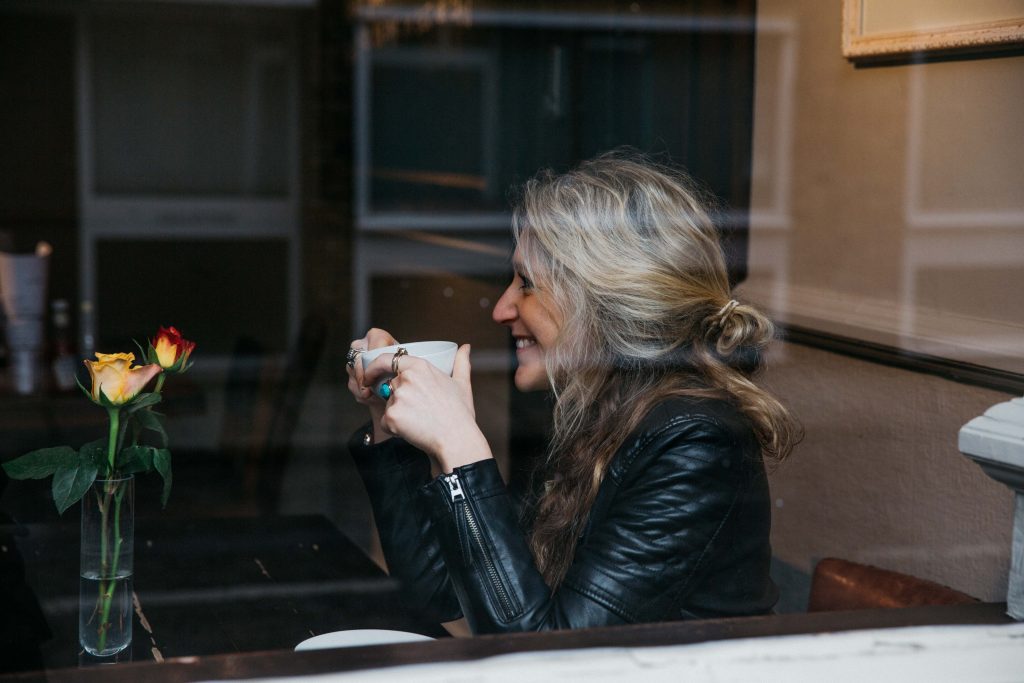Hope’s story
Hope is an author and a mental health campaigner. She is also a Research Champion for NCMH, helping spread the word about our research. This is her story:
Hi, my name is Hope and I live in London. I focus the majority of my time on raising awareness of mental health in schools, hospitals and businesses.
I realised I wanted to use my story to help others and I began doing this after publishing a book, Stand Tall Little Girl, in March 2016.
When I’m not speaking about mental health I work part-time for the Shaw Mind Foundation to help with their PR. I absolutely love that I am working for an organisation that is doing such amazing things for mental health. And when I’m not working I’m either running, out with my friends or travelling.

I developed anorexia when I was 13 years old. It helped me switch off from the rest of the world, and gave me purpose each day. I hid it for four years from everyone until when I was 17, my heart nearly stopped and I was admitted to a mental health hospital where I spent the next year recovering.
I had to learn to eat again, learn about exercising in a healthy way and learn to talk about how I felt. It was a hard year but accepting the help I needed was the best thing I have ever done.
I have always had an interest in research and the reasons as to why I developed anorexia and others didn’t, because of this I have begun part in a number of research projects.
It has been an experience having my brain scanned, my brain waves messaged and talking so frankly about food and feelings. But I have loved every minute of it. Over the last year, I have been getting slightly frustrated at the lack of resource and funding that goes into mental health research and I am keen to work to change this.
Mental health research might not be the most glamorous but we need to work together to try and understand so much more about mental health problems and how we can treat and support them.
To kick start getting involved with NCMH I completed their online questionnaire. I was worried it was going to be timely and complicated but it was straightforward and accessible.
I know how frustrating it can feel living with a mental health problem and not feeling like there is any research happening but by us getting involved in projects like this it could help researchers develop new treatments and find out even more about mental health.
